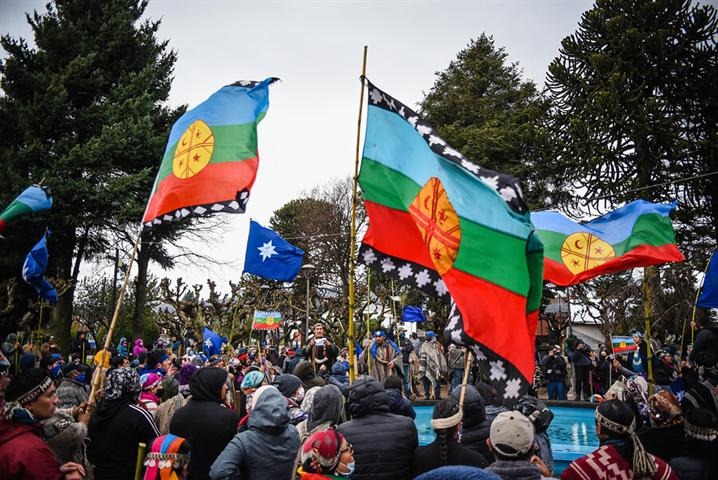In June 2023, at an event at La Moneda Palace, President Gabriel Boric presented an eight-member team, made up of representatives from indigenous communities and the political, business, and academic spheres. “I am hopeful, convinced, that through broad social dialogue, the foundations will be laid for a lasting and sustainable solution to a long-standing conflict,” the president said on that occasion.
After nearly two years of voluntary work, the commissioners reached a 22-point agreement by a large majority that proposes the return of lands to the communities, an end to violence, institutional improvements, and economic development in the Southern Macrozone.
One of the commission’s commitments includes the return of more than 240,000 hectares to indigenous peoples as territorial reparations, as revealed by the newspaper El Siglo.
While the commission’s executive secretary and several politicians considered the agreement historic, representatives of the right and far right have already spoken out against it, particularly regarding the return of lands. Opposition legislators have even announced their possible rejection in Congress.
The Arauco Malleco Coordinator (CAM) published a statement saying that as long as militarization and Mapuche political prisoners exist, it is not even possible to initiate dialogues that would lead to agreements.
Although the Mapuche people have been victims of dispossession since the Spanish conquest, the most recent conflict began in 1850 when the state and the oligarchy invaded their territories south of the Biobío River, reduced their holdings, and granted them land titles. Despite this, the occupation continued in the following years. In the 20th century, especially during the dictatorship of Augusto Pinochet (1973-1990), many of these lands were granted to European settlers, primarily Germans, Swiss, and Austrians, as well as Chileans.
representatives of the right and far right have already spoken out against it, particularly regarding the return of lands
Eat shit, fascists



